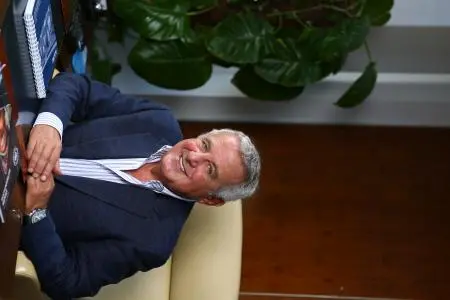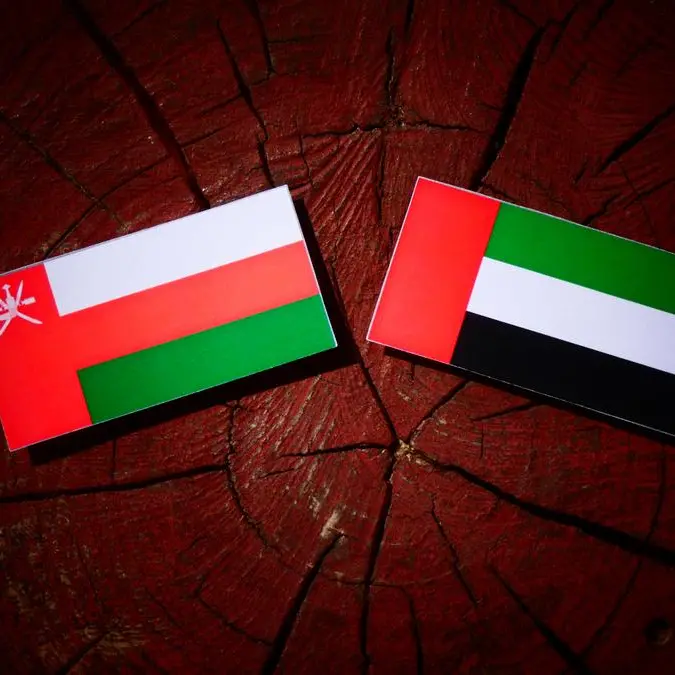PHOTO
- Metito to manage the operation and the maintenance of the plant for two years after completion
Metito, the leading global provider of water and alternative energy management solutions, announced that its consortium with Orascom and Cobra has won the tender to build a seawater desalination plant in Sfax, Tunisia, further strengthening the group’s presence in North Africa. The tender was raised by the Société Nationale d'Exploitation et de Distribution des Eaux (SONEDE), a public establishment of the Ministry of Agriculture Tunisia, to enhance water security in the country.
The project is fully funded by the Japanese International Cooperation Organization (JICA) and is set to begin operations in February 2024. Metito will carry out the design, procurement, and construction (EPC) of the project which is estimated to be complete within 30 months. Once operational, the plant will provide an output of 100,000 cubic meters of potable water per day, with the possibility of doubling its capacity to 200,000 cubic meters per day.
In addition to the construction, which began in August 2021, the JV will also be responsible for operating and maintaining the project for two years after its completion. The new desalination plant will play a critical role in advancing the growing relationship between Egypt and Tunisia, especially in the field of water.
Eng. Karim Madwar, Managing Director of Metito Africa, said: "Water is a key contributor to the socio-economic development, from industries, to families and farms. Water is also a scarce resource, and this is contributing to the surge in the global demand for seawater desalination. The new plant in Sfax will ensure that the local communities have access to a clean, secure, and sustainable water supply.”
In line with its vision to promote sustainable water management solutions and systems, Metito submitted its industry-leading, environment friendly solutions to develop the plant. The project is designed to consume the least amount of energy per cubic meter of water produced, which will positively impact the economics of operation and reduce the carbon footprint by employing advanced methods to recover energy from the brine (i.e., highly saline concentrated water).
Through a complex chemical process, desalination is performed in a sustainable and safe manner as the water is treated with special chemicals to equalize the pH of the reject water to bring its salinity as close to normal seawater as possible. This protects marine life and the overall ecosystem at the water drainage area.
The Sfax desalination plant also accommodates environmentally friendly seawater pumping and wastewater discharging mechanisms. To raise water production efficiency and enhance its quality, water is pumped through desalination membranes that operate using the reverse osmosis (RO) system. It is then subjected to several stages of desalination mechanisms to output the highest possible quality of potable water that matches the recognized international standards.
-Ends-
About Metito:
Metito is a global leader and provider of choice for total intelligent water management solutions with operations covering three business areas: design and build, specialty chemicals, and utilities. With over 60 years of experience, the Group provides customized, comprehensive and advanced solutions across the full spectrum of its industry; from clean to dirty water; desalination and re-use; industrial solutions (up to hyper pure water); investing into water and wastewater assets; and structuring both Greenfield and Brownfield schemes under project finance structures. The Group also provides custom alternative energy development and management solutions for utilities and corporations looking to uphold sustainable operations through generating clean, emissions-free energy.
Metito successfully developed and executed thousands of projects across the world earning it the trust of market leaders and a reputation for professional excellence. The Group was the first to introduce the reverse osmosis technology for desalination outside the USA in 1972 and the first to pioneer concession contracts with private entities under Build Own Transfer (BOT), Build Own Operate (BOO), and Build Own Operate Transfer (BOOT) schemes in the Middle East, and under Public Private Partnership (PPP) agreements for bulk surface water supply concessions in Sub Saharan Africa.
The Group is at the forefront of the water and wastewater industry with an impressive project portfolio that includes more than 3000 projects in more than 46 countries managed by over 3500 experienced and talented employees worldwide in strategically located operational offices.
© Press Release 2021
Disclaimer: The contents of this press release was provided from an external third party provider. This website is not responsible for, and does not control, such external content. This content is provided on an “as is” and “as available” basis and has not been edited in any way. Neither this website nor our affiliates guarantee the accuracy of or endorse the views or opinions expressed in this press release.
The press release is provided for informational purposes only. The content does not provide tax, legal or investment advice or opinion regarding the suitability, value or profitability of any particular security, portfolio or investment strategy. Neither this website nor our affiliates shall be liable for any errors or inaccuracies in the content, or for any actions taken by you in reliance thereon. You expressly agree that your use of the information within this article is at your sole risk.
To the fullest extent permitted by applicable law, this website, its parent company, its subsidiaries, its affiliates and the respective shareholders, directors, officers, employees, agents, advertisers, content providers and licensors will not be liable (jointly or severally) to you for any direct, indirect, consequential, special, incidental, punitive or exemplary damages, including without limitation, lost profits, lost savings and lost revenues, whether in negligence, tort, contract or any other theory of liability, even if the parties have been advised of the possibility or could have foreseen any such damages.











